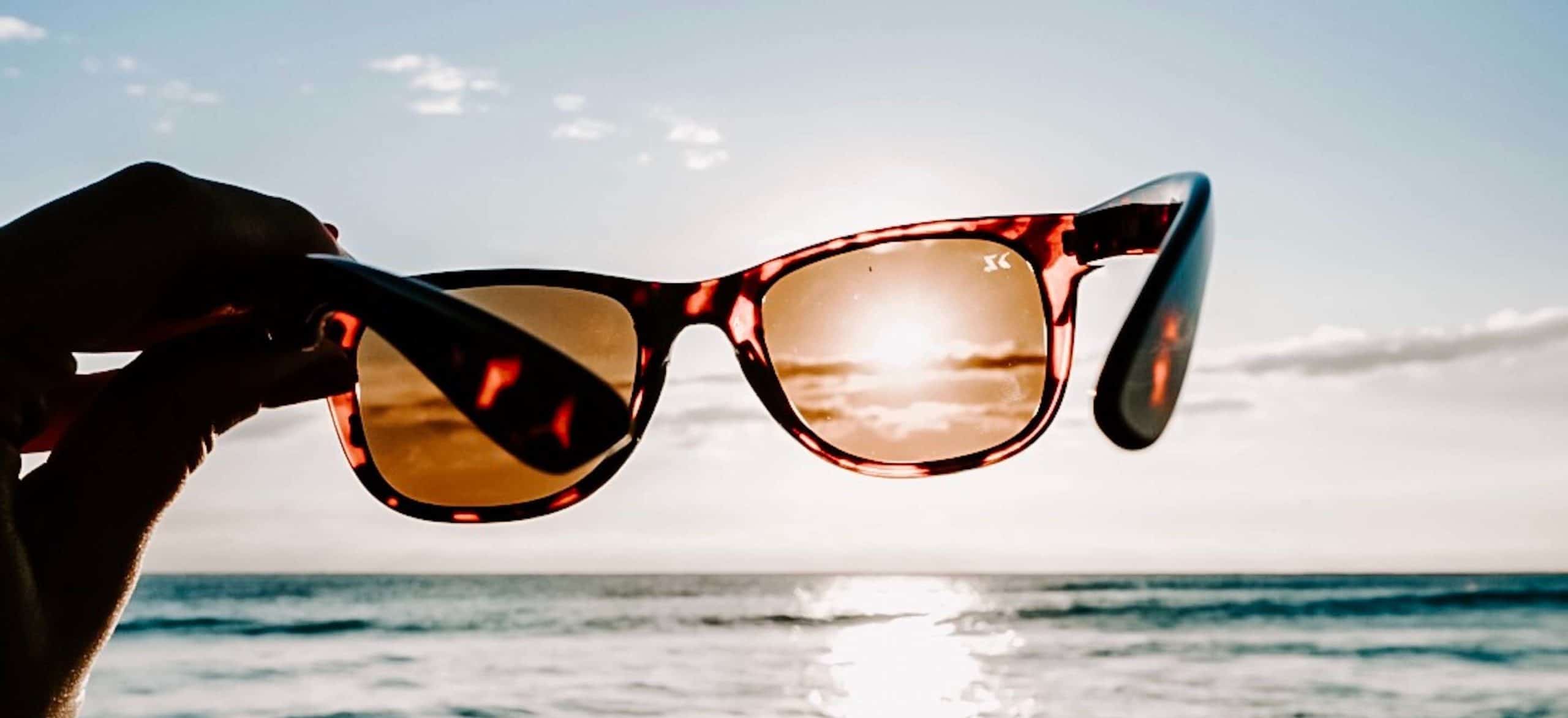For many of us, summer is all about heading out for the beach, a favorite resort or maybe one of America’s 62 national parks. But even though your focus is on maximum outdoor fun and relaxation, there is an unseen danger lurking: UV radiation. Over-exposure to these invisible rays emitted by the sun can cause health problems, including with your eyes.
Because of this potential hazard, Hattiesburg Eye Clinic, in conjunction with the American Academy of Ophthalmology, is recognizing July as UV Safety Month. Hattiesburg Eye wants you to know about the harm UV radiation can inflict on your eyes, now and later in life, and what you can do to protect yourself.
UV radiation bombarding the earth from the sun is composed of three types: ultraviolet A (UVA); ultraviolet B (UVB); and ultraviolet C (UVC). All can be harmful to humans, but, since the upper atmosphere filters out UVC rays, our concern is with UVA and UVB rays. Long-term exposure to either can cause various forms of eye damage.
“Although UV rays can damage the outer parts of the eye just as it can other parts of the skin, we’re most concerned about what can occur inside the eyes,” says Dr. Adam Quinn, an ophthalmologist with Hattiesburg Eye Clinic. “UV radiation can cause the formation of melanoma cancer within the retina. It can accelerate cataract formation on the lenses. And, it can cause non-cancerous growths on the eye that can affect vision.”
While many eye conditions caused by UV damage can be treated, Quinn says prevention is the best strategy by filtering out UV rays from the eyes as much as possible. Your primary means for doing this is with a pair of dark-lensed glasses or sunglasses designed for that purpose.
“You’re not so much looking for the darkest lenses, but for lenses rated to filter out UV rays,” says Dr. Quinn. “Specifically, you want to make sure eyeglasses you’re considering for sun protection have labels indicating they’re fully protective against both UVA and UVB, or UV 400, which includes both types of rays. You may also want to consider polarized lenses, which will reduce glare.”
Dr. Quinn also stresses wearing sunglasses outdoors even when it’s overcast, just as you would wear sunscreen on a cloudy day. And speaking of, you should also make sure you apply sunscreen to the eyelids and skin around the eye (though being careful not to get it in your eyes). It’s also advisable to wear a wide brim hat to further shade the face and eyes from the sun.
We all need our summer breaks and the charge they can give to our “life batteries.” Just be sure you preserve your vision from too much sun by wearing appropriate eye protection.
For more about protecting your eyes and vision, visit us at HattiesburgEyeClinic.com . To learn more about how Hattiesburg Eye Clinic can improve your vision health, call 601-268-5910 (or toll-free 800-624-8254) or schedule a consultation with us.

